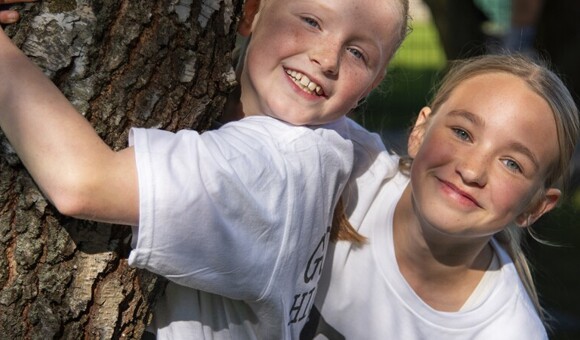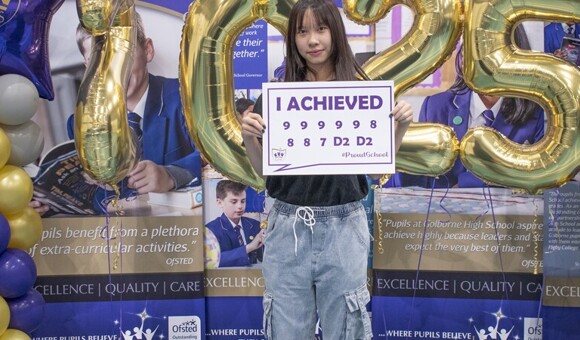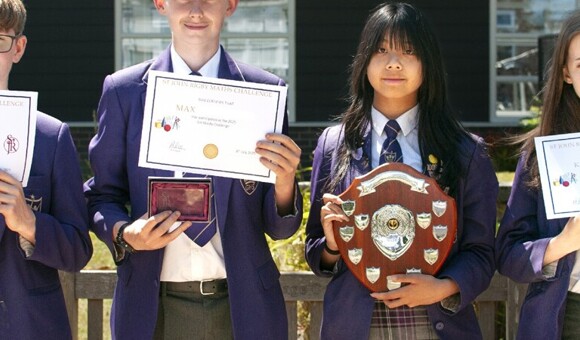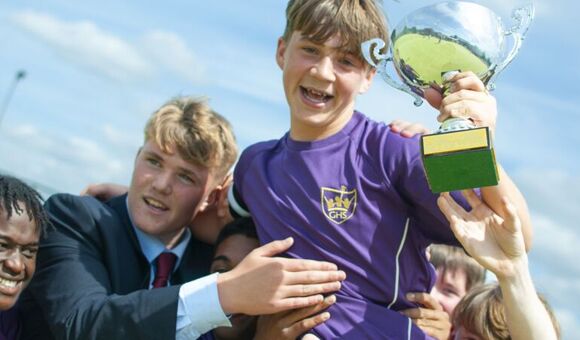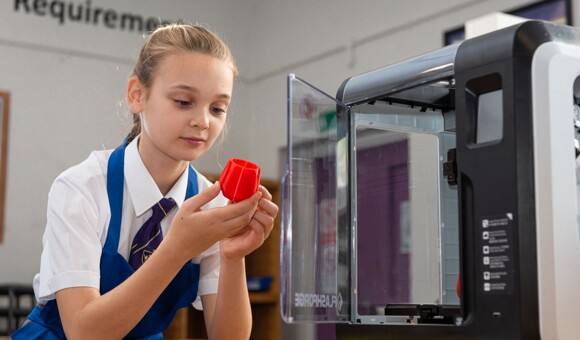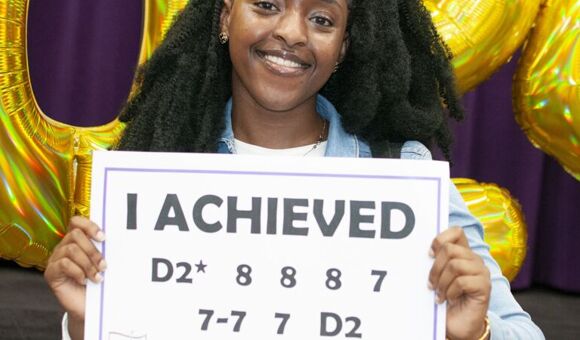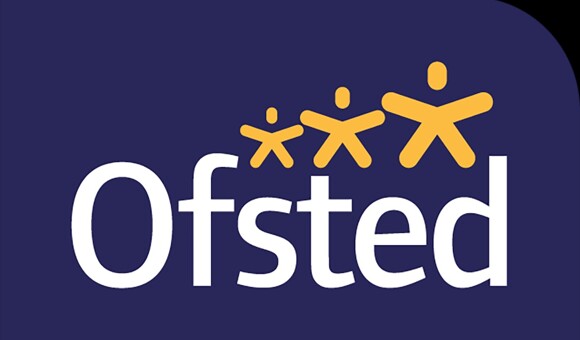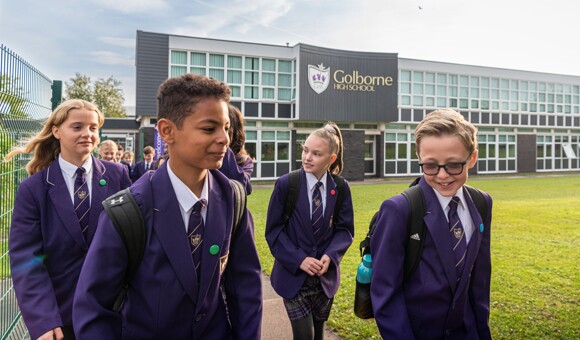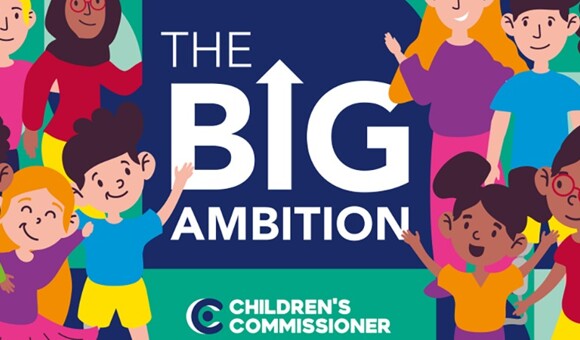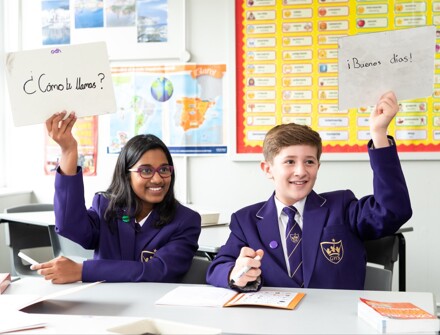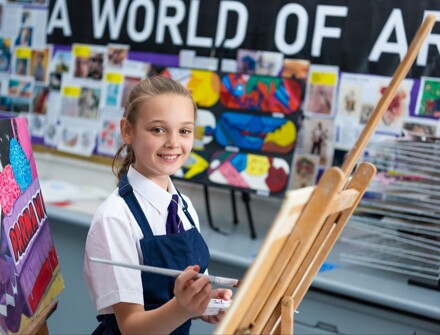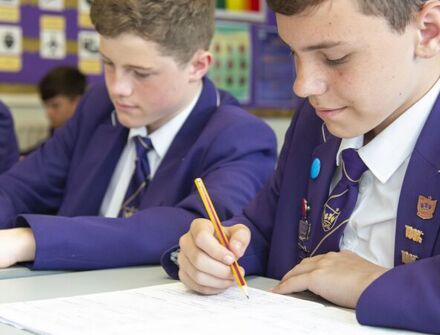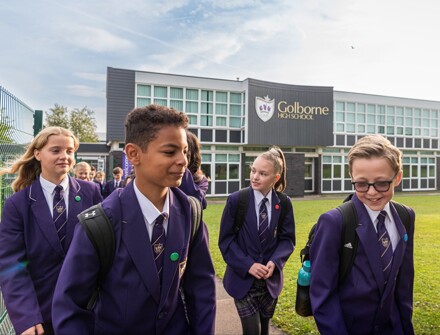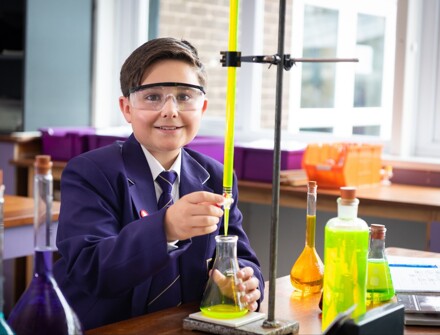
Houses
At Golborne High School our Pastoral Care centres around our House system. Each House is a family in its own right and has its own unique identity. The House system is at the core of our school which puts the child at heart of everything we do. The family values of respect, togetherness and pride are instilled in every child through the House structure. Each House has a House Leader who, along with the Form Tutors, stays with the children throughout their 5 years of High School.
This means that every child and their extended family has 1 point of contact who knows them well and can offer targeted support and challenge based on personalised knowledge of every child. The happiness and safety of each and every child at Golborne High School is our core purpose. The House structure creates a family atmosphere as there are children from every year group in each Form. The older children act as buddies to the younger children which creates a sense of security for them when they come to high school.
Vision
- To promote vertical interaction between students of different ages and thereby enhance the pastoral life of the school.
- Developing competition and pride for one’s House.
- Developing opportunities for pupil leadership
- Promoting wider participation in a range of activities across the school.
How does it work?
We have five Houses each led by a House Leader:
- Fonteyn – Mrs Stevenson (Head of House)
- Lennon – Ms Barrett (Executive House Leader)
- Picasso – Ms Hickey (Executive House Leader)
- Shakespeare - Mr Falconer (Executive House Leader)
- Westwood - Mr Bharmal (House Leader)
Siblings are placed in the same House but siblings are not usually put in the same tutor group.
Each tutor group has approximately twenty-four students made up from Years 7-10.
When your child reaches Year 11 they will create three tutor groups in each House.
Each tutor group meets for 20 minutes at 10.30am each day with their tutor, and with the rest of their House for an assembly twice a week. There is a structured tutoring programme in place covering current affairs, personal development, Careers, language for learning, numeracy, PSHE (Circle time), mental health strategies, and administrative tutoring tasks to check log books.
1-2-1 Mentoring Sessions /Intervention
Each child in a tutor group is seen on a number of occasions throughout the year. Academic and pastoral development will be discussed and successes celebrated through reward cards, points and communication with parents.
Contacting your child’s Tutor
Your first point of contact should be your child’s House Leader, however, it is important to build a relationship with your child’s tutor. You can do this via the logbook or by telephone, but please remember that in any large school, it will not be possible to speak to the tutor immediately. However, we are committed to making contact within 48 hours to ensure that any concerns are dealt with promptly to alleviate worry.
You can liaise with your child’s tutor via your child’s logbook. Alternatively, you can phone the school or call Reception who will ask for a member of the Senior Leadership Team to speak to you immediately.
If the problem relates to work in a particular subject you may wish to contact the subject teacher or curriculum leader directly.
Contacting your child’s House Leader
Your child’s House Leader works closely with parents, subject teachers, tutors and Curriculum Leaders to ensure your child is happy, safe and is making excellent academic progress. You can contact the relevant House Leader if you have any pastoral or academic concerns. House Leader will address and resolve these concerns as quickly as possible.
Inter-House Competitions and Events
The House system is very competitive and all of the House Leaders are driven to win the House Cup at the end of an academic year.
Several competitions throughout the year are combined to decide who is the winning House, these include the best attendance and punctuality, the House with the most reward points and the number of achievers, Thinking Skills’ Day and Sports’ Day.
The competitions are designed to allow every child to excel in an area in which they feel strong which allows us to celebrate the successes of every individual child.
A variety of activities and competitions are offered such as sporting activities, music performances, gaining House Points, a variety of House quizzes, Sports Day, charity fundraising events, and curriculum tasks. Activities take place throughout the academic year and at lunchtime.
Reward System
Positive, caring and responsible behaviour is encouraged, valued and recognised through the Good Citizen rewards. Teachers will recognise achievements by awarding achievement points for a particular piece of work, positive contribution or effort within our community. These will accumulate and generate certificates and awards rewarded by the House.
The House System is a strong vertical support structure, which will facilitate and promote relationships throughout the Year groups. It provides an additional strand for our young people to identify with peers and both younger and older students for various communications.
Senior Prefects and House Captains
The role of the House Captains is to take responsibility for the leadership and organisation of their House throughout the forthcoming academic year. There will also be four Senior Prefects for the school who will work with the House Captains and lead the team of prefects.
The success of our school is rooted in our outstanding pastoral care. Small class sizes ensure a strong rapport between staff and pupils and each child is taught, cared for, and understood in a meaningful way.
Children thrive with clear boundaries, firm direction, and adults and peers who value the part that all individuals have to play in our community.
Pupils feel a sense of belonging at our school, which gives them the security and self-confidence to thrive personally and socially as well as academically.
We place great emphasis on nurturing the whole child, with pupils encouraged to explore who they are and the role they play in society. Far from producing an assembly line of children all fitting the same mould, we inspire individuals to blossom.
Our strong moral framework allows pupils to be themselves while also showing regard and compassion for others; they are encouraged to look out for one another and demonstrate kindness, compassion and loyalty.
We understand and embrace that each child is unique, possessing their own blend of abilities and needs. In order for them to become independent and self-reliant learners, it is vital that they have people they can trust to turn to for guidance.
Our pupils’ personal, social and emotional needs are supported throughout the school by their Head of House. This remains an extremely important relationship, even as children progress through school and begin to be taught by subject specialists.
As well as monitoring each child’s academic progress, the Head of House deals with any personal issues and acts as the first point of contact for parents.
Although the House Leader takes overall responsibility for a child’s well-being, all staff contribute to their pastoral care. Pastoral care does not exist in a vacuum. It is not an ‘additional extra.’ It is interwoven in everything our pupils do, contributing to their sense of self-worth and to academic success
